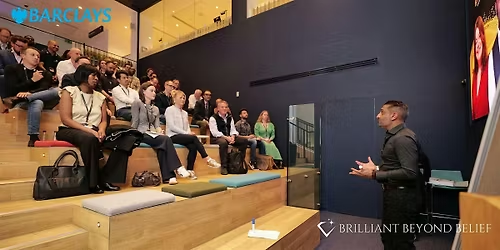
About this Event
The ADEJA Movement: A Bold Vision for Black Reparatory Justice
FREE SPEECH - HAVE YOUR SAY NOW!
The African Diaspora Equity and Justice Alliance (ADEJA) is a groundbreaking initiative led by Reparation Nation Limited, based in London. This movement is dedicated to creating an autonomous Black state or entity focused on the empowerment and reparatory justice for Black and Mixed-Black individuals worldwide. The mission of ADEJA is closely intertwined with various global movements and organizations, including the International Monetary Fund (IMF) and the Boycott, Divestment, and Sanctions (BDS) movement. ADEJA’s weekly discussions around London have become a pivotal platform for advocating their cause and forging alliances.
Reparation Denial is Holocaust DenialADEJA operates under the provocative theme: “Reparation denial is Holocaust denial.” This theme emphasizes the urgency and moral imperative of addressing the historical injustices faced by Black people through reparatory justice. ADEJA aims to construct a Black state/entity, often referred to by followers as the Black IMF or Black Zion, to receive, process, and distribute reparations to those classified as Black and Mixed-Black worldwide. The vision is bold: a new entity dedicated to rectifying centuries of systemic oppression and ensuring a just and equitable future.
ADEJA’s Mission and StructureMission Statement
ADEJA’s mission aligns closely with the core principles of the IMF, focusing on:
- Fostering global monetary cooperation
- Securing financial stability
- Facilitating international trade
- Promoting high employment and sustainable economic growth
- Reducing poverty
These goals are pursued within the context of delivering reparatory justice to Black and Mixed-Black people globally.
Organizational Structure
ADEJA is organized to support its mission through various articles and charters. These include:
- Reparation Assets: Divided into tradeable and non-tradeable assets, focusing on financial resources and cultural preservation.
- Member Entities: A network of entities classified as IC3 Black or part IC3 Black, contributing to the mission.
- Evidence-Based Reparation Claims: Processing claims on a case-by-case basis, incentivizing whistleblowers through rewards.
- Black Social Credit System: Promoting Black betterment through a system that evaluates individual contributions to the community.
ADEJA’s weekly discussions in London have become a hub for diverse participants committed to the cause. Regular attendees include:
- IC3 Crime Scene Investigators (CSI): Focused on investigating crimes against Black people globally.
- Black National Party (BNP): Advocating for Black nationalism and self-determination.
- Reparations Masons: A group dedicated to the principles of reparation and justice.
These discussions are open to all, fostering a collaborative environment where ideas and strategies are shared to advance ADEJA’s mission.
Understanding the Boycott, Divestment, and Sanctions (BDS) MovementOverview of BDS
BDS is a nonviolent, Palestinian-led movement promoting boycotts, divestments, and economic sanctions against Israel. Its objectives include:
- Withdrawal from the occupied territories
- Removal of the separation barrier in the West Bank
- Full equality for Arab-Palestinian citizens of Israel
- Respecting the rights of Palestinian refugees to return to their homes
Modeled after the Anti-Apartheid Movement, BDS supporters view it as a human rights movement, drawing parallels between the Palestinian plight and apartheid-era South Africa.
Potential Synergies with ADEJA
BDS and ADEJA share a common goal of addressing systemic injustices and promoting human rights. Collaborating with ADEJA could enhance BDS’s efforts by extending its advocacy for justice to include the global Black and Mixed-Black communities, leveraging ADEJA’s framework for reparatory justice.
The Role of the International Monetary Fund (IMF)Overview of the IMF
The IMF is an international organization aimed at:
- Promoting global monetary cooperation
- Ensuring financial stability
- Facilitating international trade
- Encouraging high employment and economic growth
- Reducing poverty
Collaboration with ADEJA
The IMF’s expertise in financial stability and economic growth is critical for ADEJA’s mission. Partnering with the IMF could:
- Provide financial and technical support to ADEJA’s initiatives
- Enhance ADEJA’s ability to manage and distribute reparations effectively
- Foster international trade and economic opportunities for Black and Mixed-Black communities
Racism
Racism is a system of oppression based on race, manifesting in social, economic, and political discrimination against marginalized groups. For Black people, this has resulted in centuries of systemic inequality and injustice.
Reparations
Reparations refer to compensatory measures taken to address historical injustices and systemic oppression. For ADEJA, this means:
- Financial compensation
- Restitution of cultural assets
- Institutional reforms to prevent future discrimination
Holocaust Denial
Holocaust denial is the act of denying the genocide of Jews during World War II. This denial is widely condemned as it perpetuates falsehoods and undermines the severity of historical atrocities.
Reparation Denial
Reparation denial, as framed by ADEJA, is seen as a refusal to acknowledge and address the historical and ongoing injustices faced by Black people. By equating it to Holocaust denial, ADEJA underscores the moral imperative of recognizing and rectifying these injustices.
The Vision of a Black ZionConstructing a Black State/Entity
ADEJA’s vision of a Black state/entity as a Black Zion represents a safe haven and autonomous region where Black and Mixed-Black people can achieve empowerment and justice. This entity aims to:
- Serve as a centralized authority for reparations
- Promote cultural restoration and preservation
- Foster economic growth and development
Symbolic and Practical Implications
The concept of a Black Zion carries both symbolic and practical significance. Symbolically, it represents hope and self-determination for marginalized communities. Practically, it provides a structured approach to addressing reparatory justice on a global scale.
Conclusion: The Path ForwardThe Imperative for Global Collaboration
ADEJA’s mission is ambitious and requires global collaboration. Working with organizations like the IMF and movements like BDS can amplify its impact, ensuring comprehensive reparatory justice for Black and Mixed-Black people worldwide.
Call to Action
All individuals and organizations committed to justice and equality are invited to join ADEJA’s weekly discussions in London. Together, we can build a future where historical injustices are addressed, and Black and Mixed-Black communities can thrive in a just and equitable world.
The ADEJA movement is a beacon of hope and a call to action. By understanding the intricacies of its mission and the potential for global partnerships, we can all contribute to a future where reparatory justice is a reality. Join the discussions, support the cause, and be part of the change.
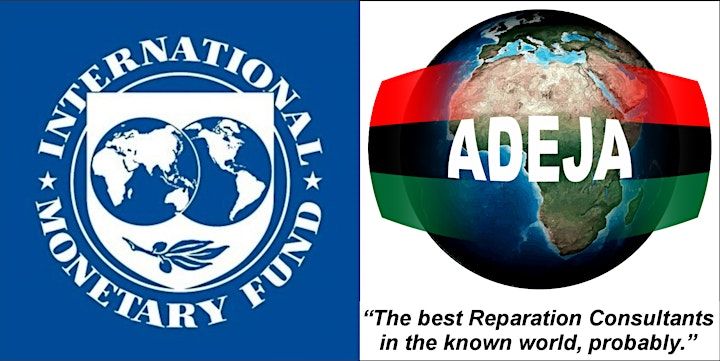
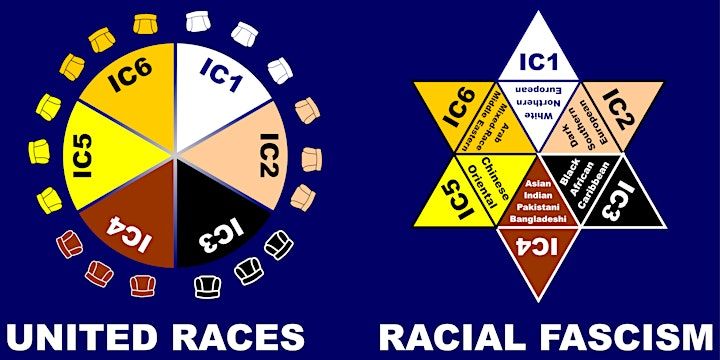
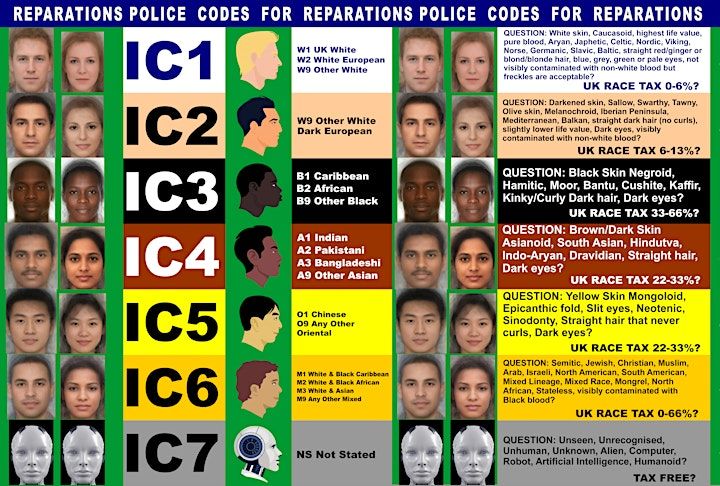
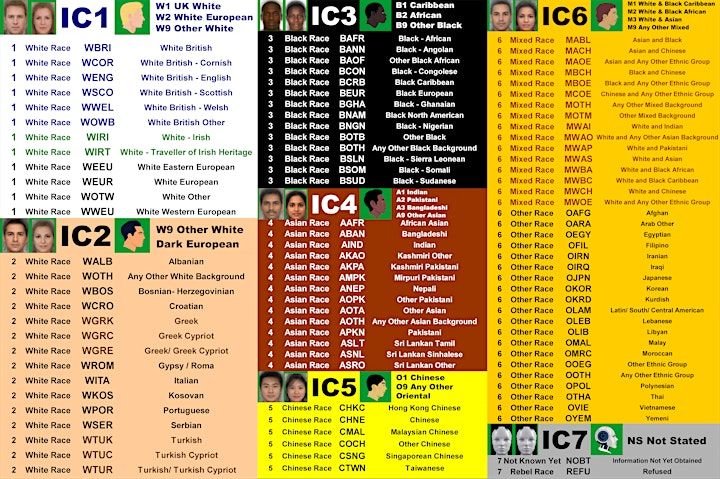
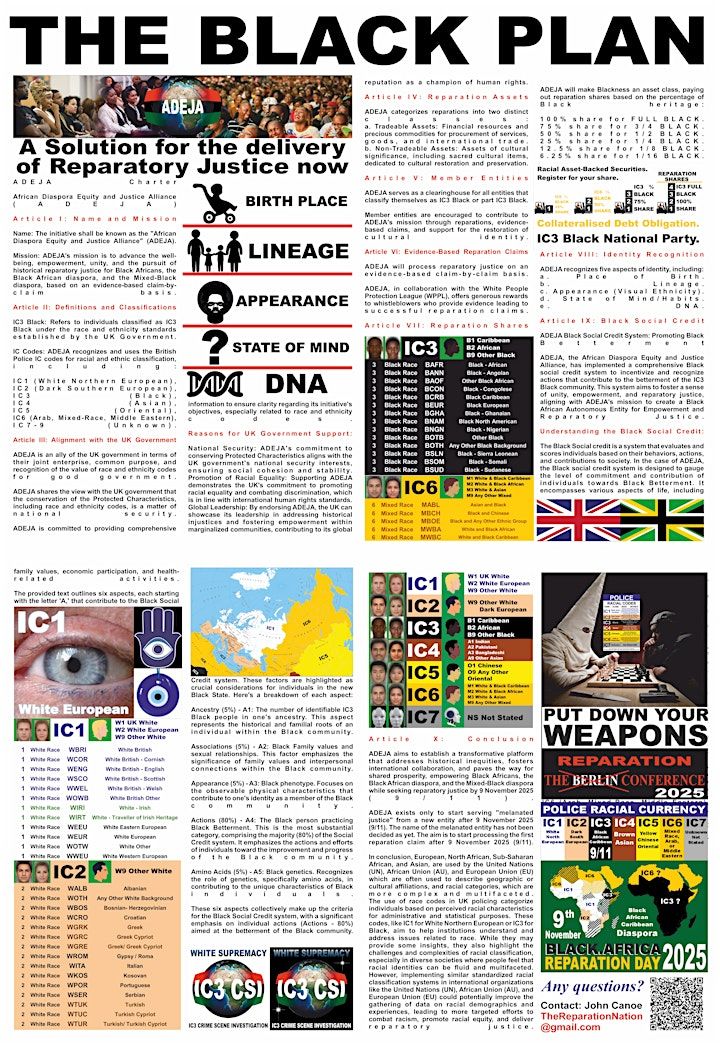
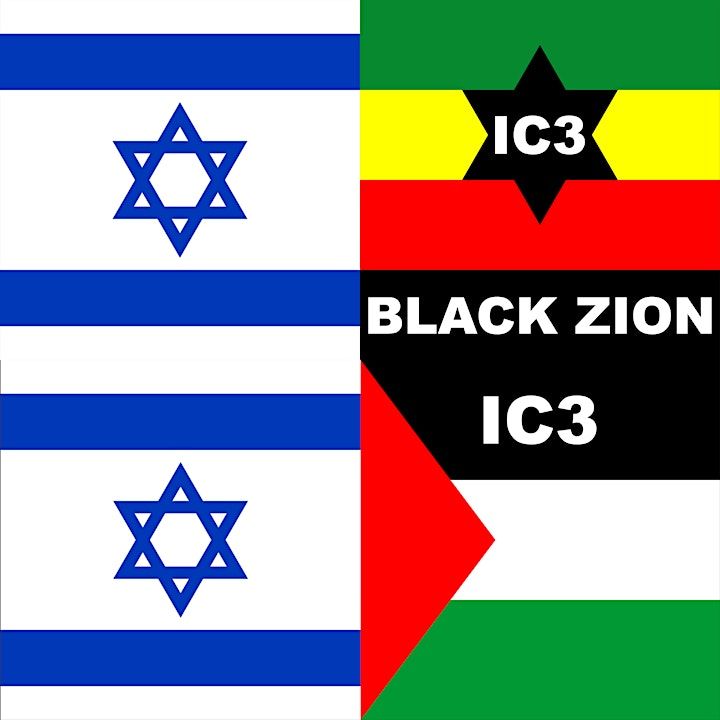
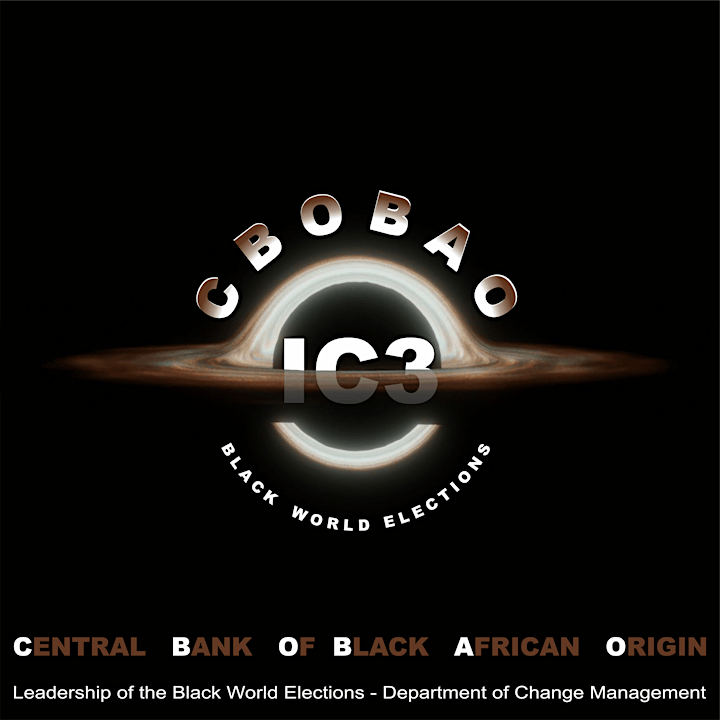
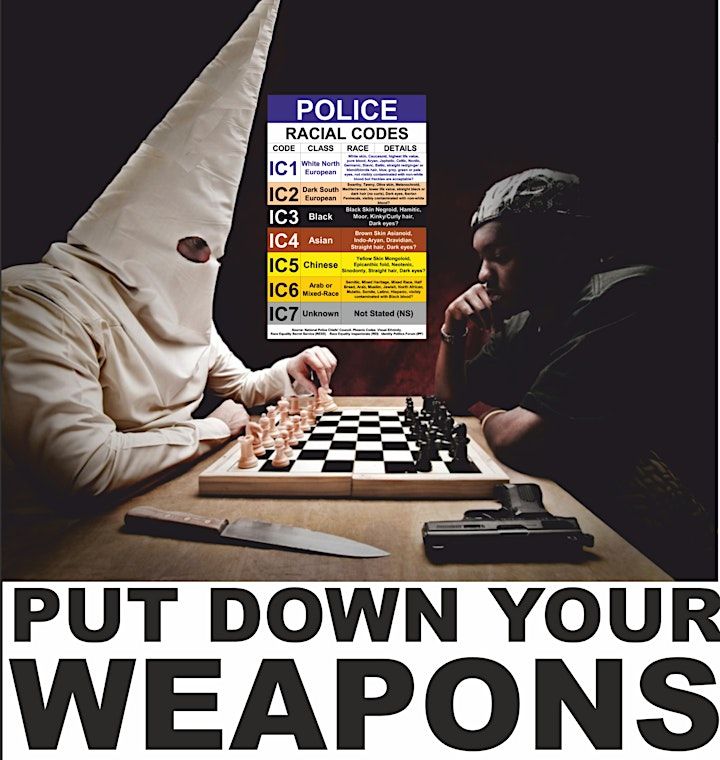
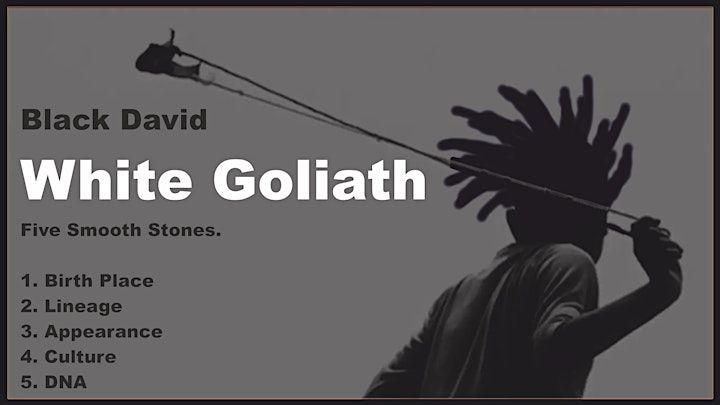
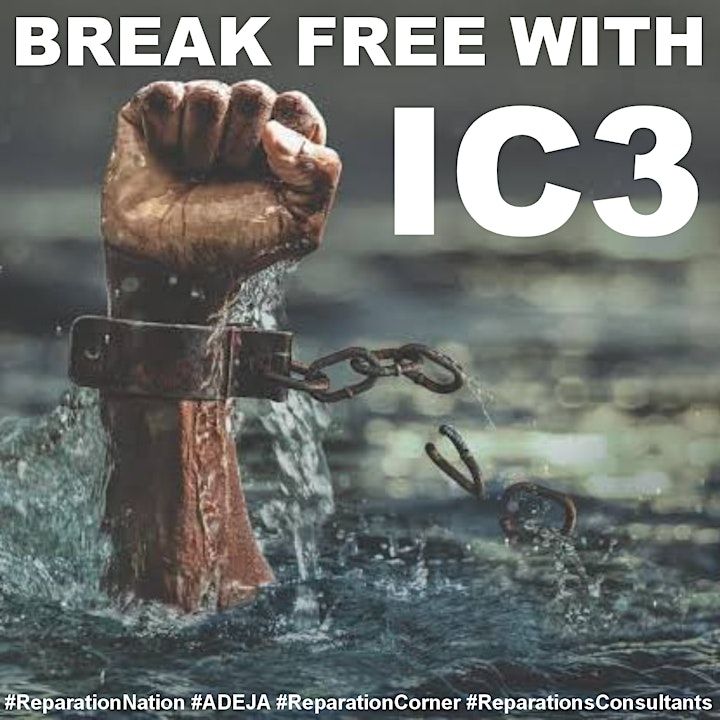
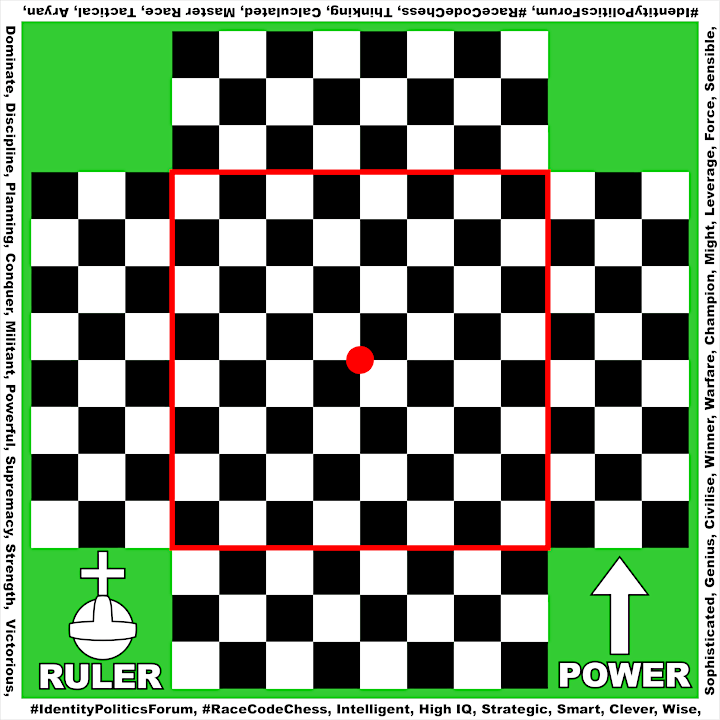
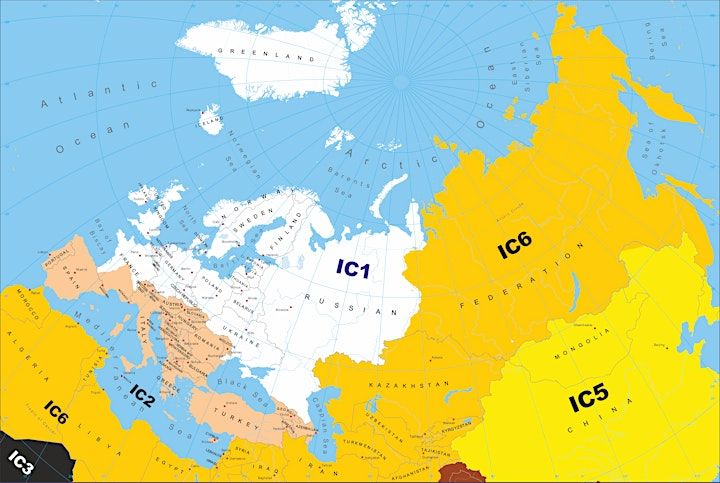
Event Venue & Nearby Stays
Reparation Corner, 41 - 47 West Green Rd, Tottenham, Haringey. N15, 41 West Green Road, London, United Kingdom
GBP 0.00











